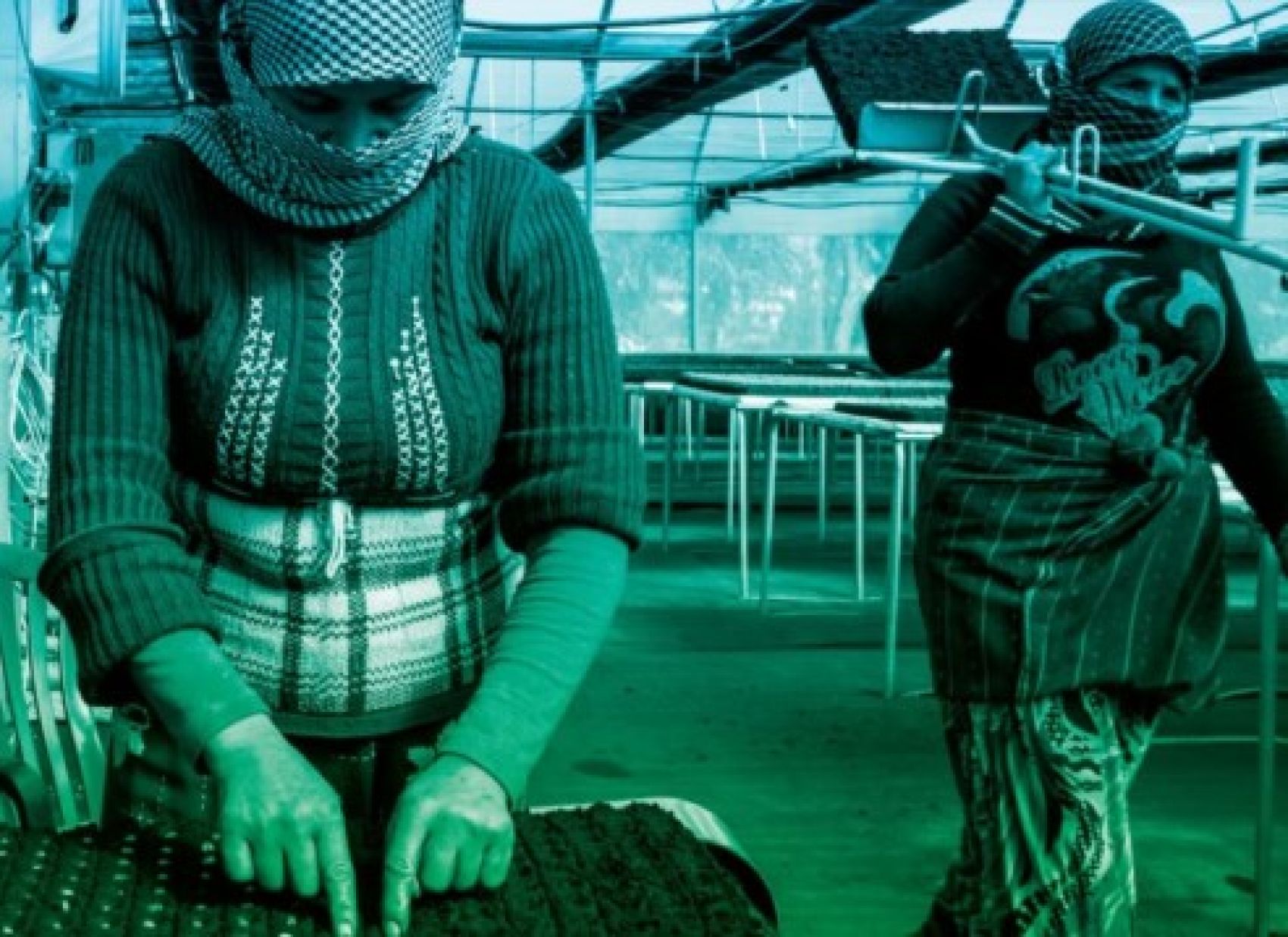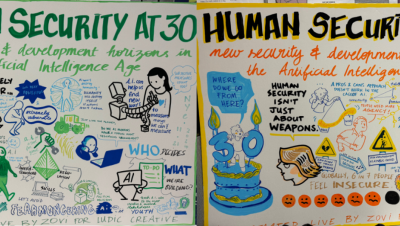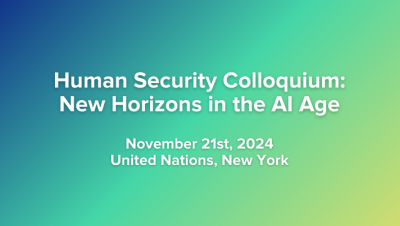A decade ago, sending a postcard home was as common as packing a toothbrush for the traveler. Now it’s a relic, a victim of the digital world. How we move has always been a dynamic phenomenon affected by external events – or, as 2020 has shown, how we don’t move.
The reality of migration today, its root causes and what needs to change make up the key themes of the new report, Human Mobility, Shared Opportunities: A review of the 2009 Human Development Report and the Way Ahead, launched this month at a virtual event with UNDP Administrator, Achim Steiner, and the Director-General of IOM and coordinator of the UN Network on Migration, António Vitorino.
Debating migration is frequently a hot potato, provoking fierce arguments with people reaching for emotion over facts. However, with much of the world on temporary lockdown, everyone agrees that human mobility is a vital topic in discussions on post-COVID-19 recovery plans.
Focusing on facts rather than fears is one aim of the new report. Evidence presented in the ground-breaking 2009 Human Development Report on human mobility and development showed that, if managed well, migration propels economic growth, reduces inequalities, and connects diverse societies.
The data presented in Human Mobility, Shared Opportunities confirms that human mobility can lead to a triple win: for the migrant themselves, for the country they have travelled to, and for the place they have left behind.
Migrants themselves and their families are the first to benefit from moving. “They can earn in an hour what at home they earn in a day,” said one of the reports co-authors, Kathleen Newland, at the launch event. Child mortality is cut by a half. Women who migrate often expand their work and education choices.
Migrant doctors and nurses have treated our sick and agricultural workers have kept food on our tables during the COVID-19 pandemic. Overall migrants make a disproportionately high contribution to the economies and societies in the countries they move to.
In the United States, for example, immigrants are nearly twice as likely as American-born citizens to start businesses, and half of all U.S. start-up companies valued at US$1 billion—the so-called unicorns—have at least one immigrant founder.
The countries of origin benefit as well. In 2019, remittances to developing countries hit a record high of $ 554 billion. Those resources support food, education, health, and more for 800 million people around the world. The money emigrants send home far exceeds the amount of money sent in overseas aid.
Yet, the development benefits of human mobility are not guaranteed, and the migrants’ journey is far from easy. You only have to watch the news to understand that, if managed poorly, the outcomes of migration can be human tragedies. Positive results depend on having conducive social, cultural, political, and economic structures in place.
Human Mobility, Shared Opportunities shows that it is in the collective interest to expand legal pathways, guarantee rights and access to services, promote integration and social cohesion, reduce the transaction costs associated with remittances, and engage diasporas into development initiatives.
As progress on human development stalls in the face of the pandemic and the evidence of the benefits of human mobility grows, the question must be: why are more governments not rolling out the carpet for migrants rather than pulling up the drawbridge?
“Will the international community seize the opportunity COVID-19 presents to build forward better,” writes Mr. Steiner in the foreword of the new report, “or succumb to the temptation to raise more barriers, curbing avenues for shared opportunities?”
This is the question at the heart of the new report. Answers on a postcard.
For more information, please visit humanmobility.undp.org.
The HDialogue blog is a platform for debate and discussion. Posts reflect the views of respective authors in their individual capacities and not the views of UNDP/HDRO.
HDRO encourages reflections on the HDialogue contributions. The office posts comments that supports a constructive dialogue on policy options for advancing human development and are formulated respectful of other, potentially differing views. The office reserves the right to contain contributions that appear divisive.


